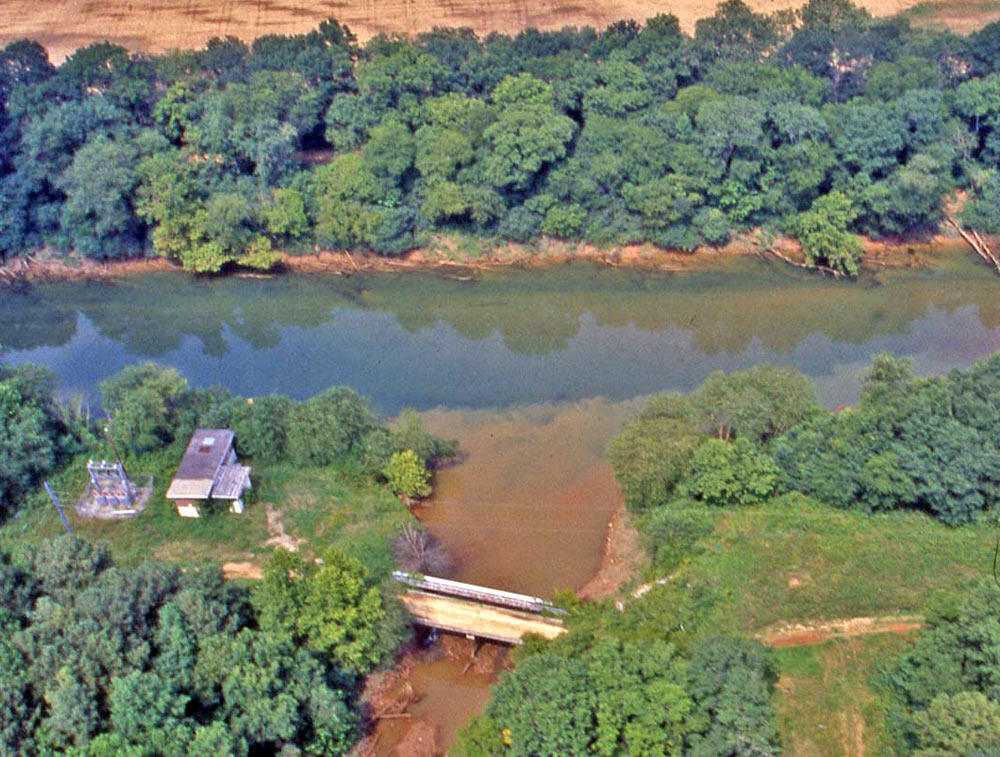EarthWord–Fluvial
USGS EarthWord of the Week
This EarthWord sounds like some flu meds, but it’s closer to runny rivers than runny noses...
EarthWords is an on-going series in which we shed some light on the complicated, often difficult-to-pronounce language of science. Think of us as your terminology tour-guides, and meet us back here every week for a new word!
The EarthWord: Fluvial
Definition:
Remember a few weeks ago when we covered Scour and how it’s when floodwaters erode sediments? Well, this week we’re going to cover what happens to the sediments downstream. Fluvial describes sediments that have been deposited by a stream or river.
Etymology:
Fluvial comes from the Latin fluvialis, which meant “of the river.”
Use/Significance in the Earth Science Community:
This is one of the more important land-building processes at work in the world. Most of the Mississippi River Delta, including large parts of Mississippi and Louisiana, were built by fluvial deposits.
Fluvial deposits are also a major way of counteracting coastal erosion.
Finally, fluvial deposits at the bottom of the river can change what parts of the river are navigable.
USGS Use:
USGS studies coastal erosion and fluvial deposits in our Coastal and Marine Geology Program, focusing on things like barrier islands, estuaries, and coastal marshes.
USGS also works with the U.S. Army Corps of Engineers, helping to characterize river bottoms for their work of keeping large rivers navigable.
Next EarthWord: Talking about stream sediments queues us up nicely for next week’s EarthWord, which is clear as mud...
Hungry for some science, but you don’t have time for a full-course research plate? Then check out USGS Science Snippets, our snack-sized science series that focuses on the fun, weird, and fascinating stories of USGS science.


